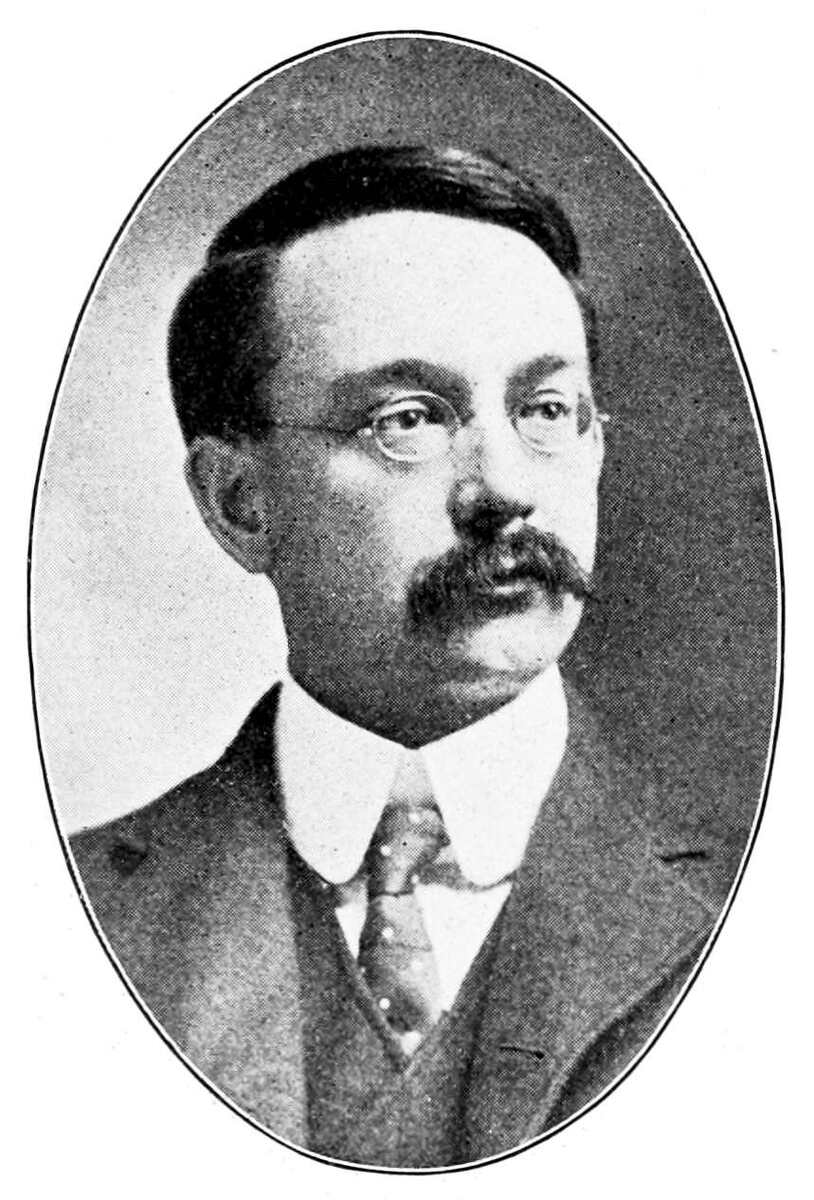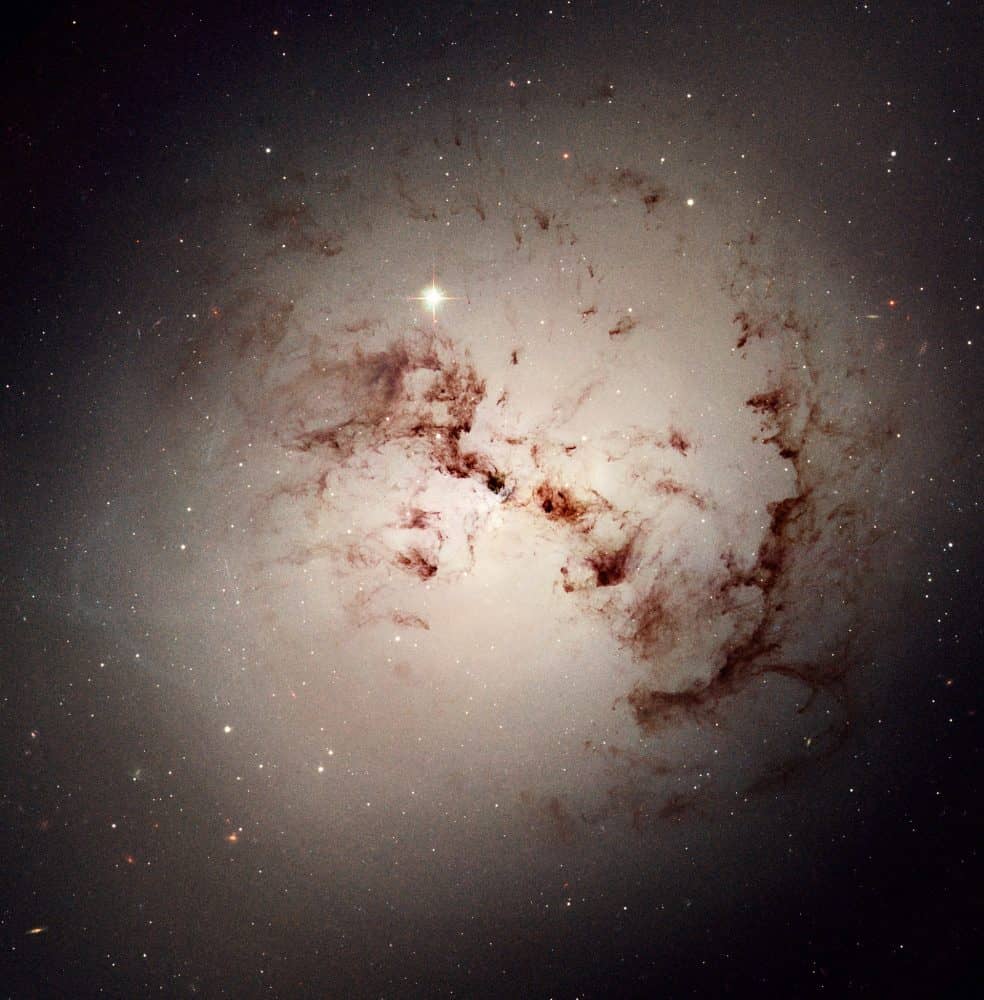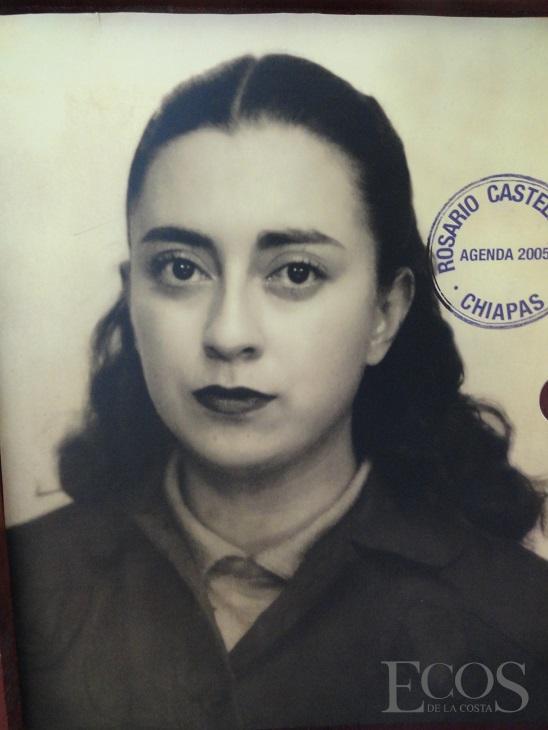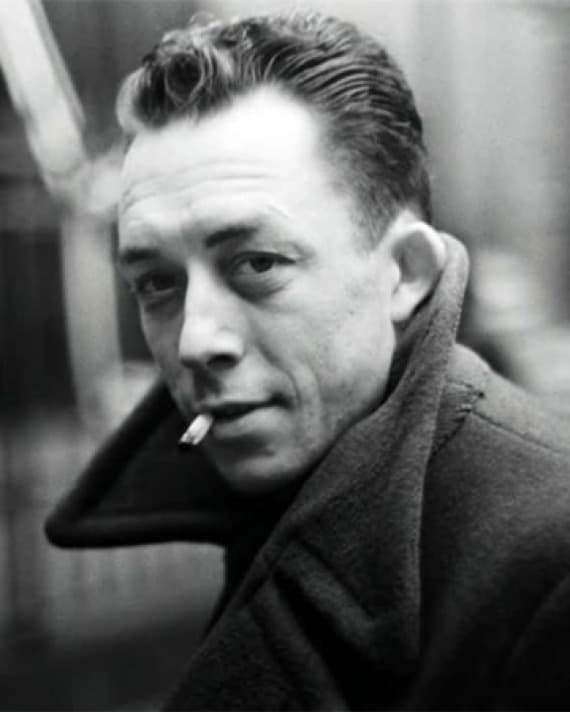Blog
George Harrison MBE (25 February 1943 – 29 November 2001) was an English musician, singer-songwriter, music and film producer who achieved international fame as the lead guitarist of the Beatles. Often referred to as “the quiet Beatle”, Harrison embraced Indian culture and helped broaden the scope of popular music through his incorporation of Indian instrumentation and Hindu-aligned spirituality in the Beatles’ work. Although the majority of the band’s songs were written by John Lennon and Paul McCartney, most Beatles albums from 1965 onwards contained at least two Harrison compositions. His songs for the group included “Taxman“, “Within You Without You“, “While My Guitar Gently Weeps“, “Here Comes the Sun” and “Something“.
Harrison’s earliest musical influences included George Formby and Django Reinhardt; Carl Perkins, Chet Atkins and Chuck Berry were subsequent influences. By 1965, he had begun to lead the Beatles into folk rock through his interest in Bob Dylan and the Byrds, and towards Indian classical music through his use of the sitar on “Norwegian Wood (This Bird Has Flown)“. Having initiated the band’s embracing of Transcendental Meditation in 1967, he subsequently developed an association with the Hare Krishna movement. After the band’s break-up in 1970, Harrison released the triple album All Things Must Pass, a critically acclaimed work that produced his most successful hit single, “My Sweet Lord“, and introduced his signature sound as a solo artist, the slide guitar. He also organised the 1971 Concert for Bangladesh with Indian musician Ravi Shankar, a precursor to later benefit concerts such as Live Aid. In his role as a music and film producer, Harrison produced acts signed to the Beatles’ Apple record label before founding Dark Horse Records in 1974 and co-founding HandMade Films in 1978.
Harrison released several best-selling singles and albums as a solo performer. In 1988, he co-founded the platinum-selling supergroup the Traveling Wilburys. A prolific recording artist, he was featured as a guest guitarist on tracks by Badfinger, Ronnie Wood and Billy Preston, and collaborated on songs and music with Dylan, Eric Clapton, Ringo Starr and Tom Petty, among others. Rolling Stone magazine ranked him number 11 in their list of the “100 Greatest Guitarists of All Time”. He is a two-time Rock and Roll Hall of Fame inductee – as a member of the Beatles in 1988, and posthumously for his solo career in 2004.[3]
Harrison’s first marriage, to model Pattie Boyd in 1966, ended in divorce in 1977. The following year he married Olivia Arias, with whom he had a son, Dhani. Harrison died from lung cancer in 2001 at the age of 58, two years after surviving a knife attack by an intruder at his Friar Park home. His remains were cremated and the ashes were scattered according to Hindu traditionin a private ceremony in the Ganges and Yamuna rivers in India. He left an estate of almost £100 million.
more...Hal Blaine (born Harold Simon Belsky; February 5, 1929) is an American drummer and session musician.
He is most known for his work with the Wrecking Crew, a group of musicians who recorded prolifically in the Los Angeles music scene and played behind a large number of musicians in the 1960s and ’70s. Blaine played on numerous hits by popular groups, including Nancy Sinatra, Jan and Dean, Elvis Presley, John Denver, the Ronettes, Simon & Garfunkel, the Carpenters, the Beach Boys, the Grass Roots, the 5th Dimension, the Monkees, the Partridge Family, and Steely Dan. He has played on 40 number one hit singles, 150 top ten hits and has performed on, by his own accounting, over 35,000 recorded tracks. He is widely regarded as one of the most prolific drummers in rock and roll history, having “certainly played on more hit records than any drummer in the rock era”.
Blaine is a member of the Rock & Roll Hall of Fame, Musicians Hall of Fame and Museum, and the Percussive Arts Society Hall of Fame. He was inducted into the Modern DrummerHall of Fame in 2010.
Blaine was born to Jewish Eastern European immigrants, Meyer and Rose Belsky, in Holyoke, Massachusetts.
https://www.youtube.com/watch?v=hp1FBfjH60g
more...René Thomas (25 February 1927 – 3 January 1975) was a jazz guitarist from Belgium.
In the early 1950s, he moved to Paris and became part of the modern jazz scene, playing in the style of Jimmy Raney. Back in Europe in 1962, he toured and recorded with Chet Baker, Bobby Jaspar, Kenny Clarke, Eddy Louiss, Stan Getz, Lucky Thompson, Sonny Criss, Jacques Pelzer, Lou Bennett, Charles “Lolo” Bellonzi, and Ingfried Hoffmann.
Thomas died of a heart attack in Santander, Spain at the age of 47 on 3 January 1975.
more...“Dictators seek to control men’s thoughts as well as their bodies and so they attempt to dictate science, education and religion. But dictated education is usually propaganda, dictated history is often mythology, dictated science is pseudo-science.” Edwin Grant Conklin
more...Surprisingly complex loops and blobs of cosmic dust lie hidden in the giant elliptical galaxy NGC 1316. This image made from data obtained with the NASA/ESA Hubble Space Telescope reveals the dust lanes and star clusters of this giant galaxy that give evidence that it was formed from a past merger of two gas-rich galaxies.
NGC 1316 (also known as Fornax A) is a lenticular galaxy about 60 million light-years away in the constellation Fornax It is a radio galaxy and at 1400 MHz is the fourth-brightest radio source in the sky.
more...
Nicholas Christian Hopkins (24 February 1944 – 6 September 1994) was an English pianist and organist. Hopkins recorded and performed on many notable British and American pop and rock music releases from the 1960s through the 1990s including many songs by The Rolling Stones, The Kinks and The Who.
David “Fathead” Newman (February 24, 1933 – January 20, 2009) was an American jazz and rhythm-and-blues saxophonist who made numerous recordings as a session musician and leader, but is best known for his work as a sideman on seminal 1950s and early 1960s recordings by singer-pianist Ray Charles.
The AllMusic Guide to Jazz wrote that “there have not been many saxophonists and flutists more naturally soulful than David “Fathead” Newman,” and that “one of jazz’s and popular music’s great pleasures is to hear, during a vocalist’s break, the gorgeous, huge Newman tones filling the space…” Newman is sometimes cited as a leading exponent of the so-called “Texas Tenor” saxophone style, which refers to the many big-toned, bluesy jazz tenor players from that state.
Newman was born in Corsicana, Texas, on February 24, 1933, but grew up in Dallas, where he studied first the piano and then the saxophone. According to one account, he got his nickname “Fathead” in school when “an outraged music instructor used it as an epithet after catching Mr. Newman playing a Sousa march from memory rather than from reading the sheet music, which rested upside down on the stand.”
Inspired by the jump blues bandleader Louis Jordan, Newman took up the alto saxophone in the seventh grade, and was mentored by former Count Basie saxophonist Buster Smith. He went off to Jarvis Christian College on a music and theology scholarship but quit school after three years and began playing professionally, mostly jazz and blues, with a number of musicians, including Smith, pianist Lloyd Glenn, and guitarist bandleaders Lowell Fulson and T-Bone Walker.
more...Mayotte-It consists of a main island, Grande-Terre (or Maore), a smaller island, Petite-Terre (or Pamanzi), and several islets around these two. The archipelago is located in the northern Mozambique Channel in the Indian Ocean off the coast of Southeast Africa, between northwestern Madagascar and northeastern Mozambique. The department status of Mayotte is recent and the region remains, by a significant margin, the poorest in France. Mayotte is nevertheless much more prosperous than the other countries of the Mozambique Channel, making it a major destination for illegal immigration.
more...https://www.youtube.com/watch?v=Vmos2JLOSnU
more...“We have to laugh. Because laughter, we already know, is the first evidence of freedom.” Rosario Castellanos
more...
Stars of the Triangulum Galaxy are resolved in this sharp mosaic from the Hubble Space Telescope’s Advanced Camera for Surveys (ACS). The inner region of the galaxy spanning over 17,000 light-years is covered at extreme resolution, the second largest image ever released by Hubble. At its center is the bright, densely packed galactic core surrounded by a loose array of dark dust lanes mixed with the stars in the galactic plane. Also known as M33, the face-on spiral galaxy lies 3 million light-years away in the small northern constellation Triangulum. Over 50,000 light-years in diameter, theTriangulum Galaxy is the third largest in the Local Group of galaxies after the Andromeda Galaxy (M31), and our own Milky Way. Of course, to fully appreciate the Triangulum’s stars, star clusters, and bright nebulae captured in this Hubble mosaic.
more...John Dawson Winter III (February 23, 1944 – July 16, 2014), known as Johnny Winter, was an American musician, singer, songwriter, multi-instrumentalist and producer. Best known for his high-energy blues-rock albums and live performances in the late 1960s and 1970s, Winter also produced three Grammy Award-winning albums for blues singer and guitarist Muddy Waters. After his time with Waters, Winter recorded several Grammy-nominated blues albums. In 1988, he was inducted into the Blues Foundation Hall of Fame and in 2003, he was ranked 63rd in Rolling Stone magazine’s list of the “100 Greatest Guitarists of All Time“.
Johnny Winter was born in Beaumont, Texas, on February 23, 1944. Winter and younger brother Edgar (born 1946) were nurtured at an early age by their parents in musical pursuits.Their father, Leland,MS native John Dawson Winter, Jr. (1909-2001), was also a musician who played saxophone and guitar and sang at churches, weddings, Kiwanis and Rotary Club gatherings. Johnny and his brother, both of whom were born with albinism, began performing at an early age. When he was ten years old, the brothers appeared on a local children’s show with Johnny playing ukulele.
more...Josiah “Cie” Frazier (February 23, 1904 – January 10, 1985) was an American jazz drummer.
Frazier studied drums under several New Orleans jazz musicians, including Louis Cottrell, Sr., Red Happy Bolton, and Face-O Woods. He joined the Golden Rule Band with cousin Lawrence Marrero in 1921, and played in Marrero’s Young Tuxedo Orchestra in the 1920s. He recorded with Papa Celestin‘s Tuxedo Brass Band in 1927 and played with A.J. Piron and Sidney Desvigne in the late 1920s and early 1930s. During the Great Depression Frazier played in WPA bands and in Navy dance bands. In 1945, he recorded with Wooden Joe Nicholas, and worked in the 1950s with Celestin, Percy Humphrey, George Williams, and the Eureka Brass Band. He played in the Preservation Hall Jazz Band in the 1960s, working there into the 1980s, and recorded in his last few decades with Kid Howard, De De Burke, George Lewis, Emile Barnes, Captain John Handy, and Don Ewell. He appears in the Steve McQueen film The Cincinnati Kid and even drummed on one session for Helen Reddy.
more...George Frideric (or Frederick) Handel (/ˈhændəl/; born Georg Friedrich Händel 23 February 1685 (O.S.) [(N.S.) 5 March] – 14 April 1759) was a German, later British, Baroque composer who spent the bulk of his career in London, becoming well-known for his operas, oratorios, anthems, and organ concertos. Handel received important training in Halle-upon-Saale and worked as a composer in Hamburg and Italy before settling in London in 1712; he became a naturalised British subject in 1727. He was strongly influenced both by the great composers of the Italian Baroque and by the middle-German polyphonic choral tradition.
Within fifteen years, Handel had started three commercial opera companies to supply the English nobility with Italian opera. Musicologist Winton Dean writes that his operas show that “Handel was not only a great composer; he was a dramatic genius of the first order.” As Alexander’s Feast (1736) was well received, Handel made a transition to English choral works. After his success with Messiah (1742) he never composed an Italian opera again. Almost blind, and having lived in England for nearly fifty years, he died in 1759, a respected and rich man. His funeral was given full state honours, and he was buried in Westminster Abbey in London.
Born the same year as Johann Sebastian Bach and Domenico Scarlatti, Handel is regarded as one of the greatest composers of the Baroque era, with works such as Messiah, Water Music, and Music for the Royal Fireworks remaining steadfastly popular. One of his four coronation anthems, Zadok the Priest (1727), composed for the coronation of George II, has been performed at every subsequent British coronation, traditionally during the sovereign’s anointing. Another of his English oratorios, Solomon (1748), has also remained popular, with the Sinfonia that opens act 3 (known more commonly as “The Arrival of the Queen of Sheba”) featuring at the 2012 London Olympics opening ceremony. Handel composed more than forty operas in over thirty years, and since the late 1960s, with the revival of baroque music and historically informed musical performance, interest in Handel’s operas has grown.
more...https://www.youtube.com/watch?v=eGVy4o5SKjs
more...“The only way to deal with an unfree world is to become so absolutely free that your very existence is an act of rebellion.” – Albert Camus
more...
More Posts
- Cozmos NGC 2259
- Harvey Mandel
- Bobby McFerrin
- Astor Piazzolla
- World Music with DakhaBrakha from Ukraine
- Daily Roots with Playing for Change
- Performing with Samuel Torjman Thomas 4-3-22
- Performing with Samuel Torjman Thomas 3-31-22
- Cozmos Caldwelll 49
- Ronnie Earl
- Norman Blake
- Jethro Burns
- Bix Beiderbecke
- World Music HARDKISS Ukraine
- Daily Roots Playing for Change
- Cosmos Barnard 33
- Jeanette Harris
- Zakir Hussain
- Ornette Coleman
- Samuel Barber




